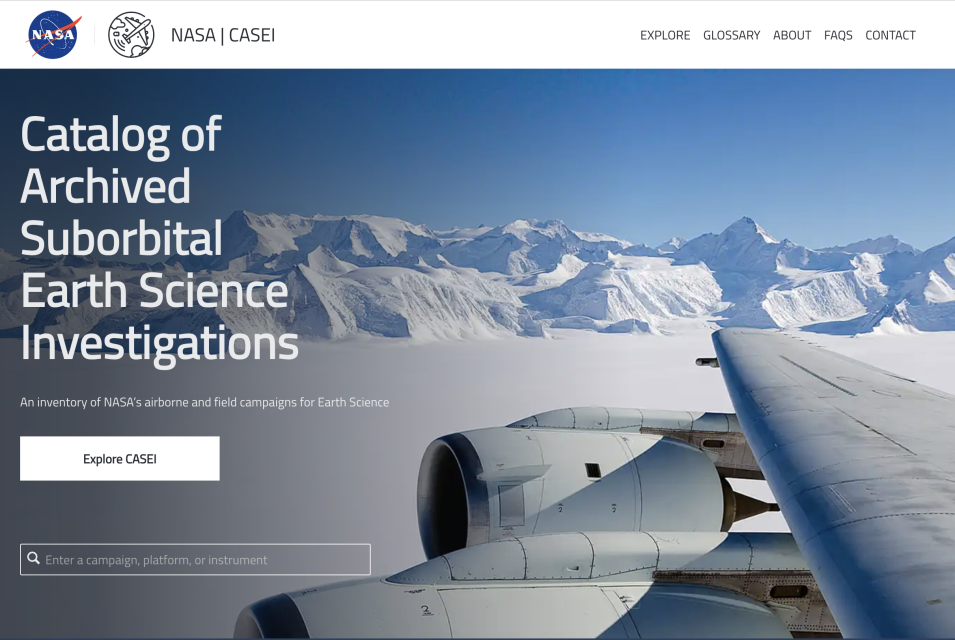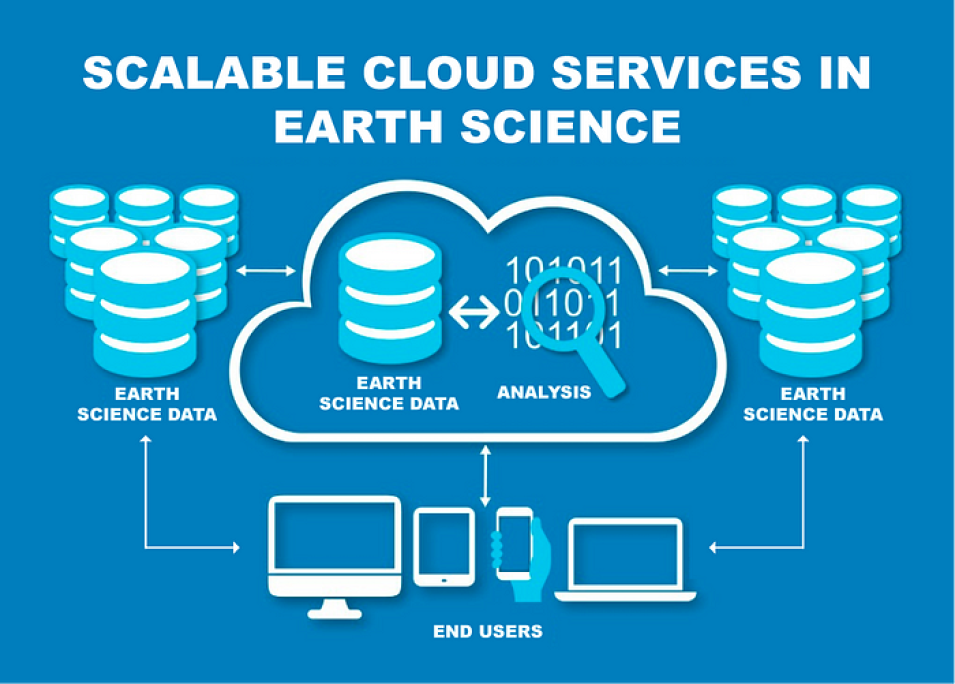We are back from the holiday break and more than ready for the American Meteorological Society’s 2022 annual meeting. Several IMPACT team members will be presenting at #AMS2022. Below are previews of two of the presentations.
Deborah Smith will be spotlighting the recent work of the Airborne Data Management Group (ADMG) in the presentation titled “Improving the Discoverability of NASA Airborne and Field Investigation Data.” Airborne and field investigations produce complex, and highly heterogeneous data products that play an important role in NASA’s Earth Science research efforts. However, these data are lesser-known and more difficult to discover due to the various approaches to data stewardship, limited, metadata content and quality, different data archival organization, and distributed access. As a result, airborne and field data are largely under-utilized by research communities beyond the original science teams.
This presentation will describe the many efforts carried out by ADMG to develop an inventory of all current and historical NASA airborne data. Current status and content of the inventory effort will be described. In addition, ADMG facilitates the transition of hidden data to NASA data centers. This data archeology work vastly improves discovery of and access to valuable historical data and information, some of which would otherwise be lost. Through these efforts, ADMG improves data reuse and enhances NASA’s return on investment.

